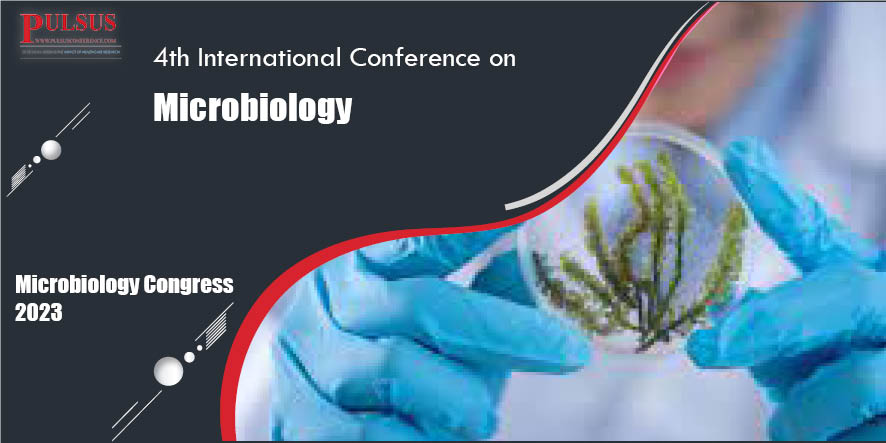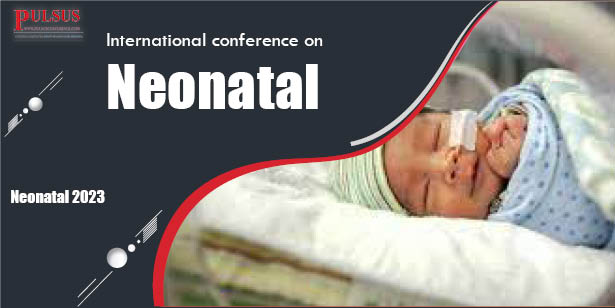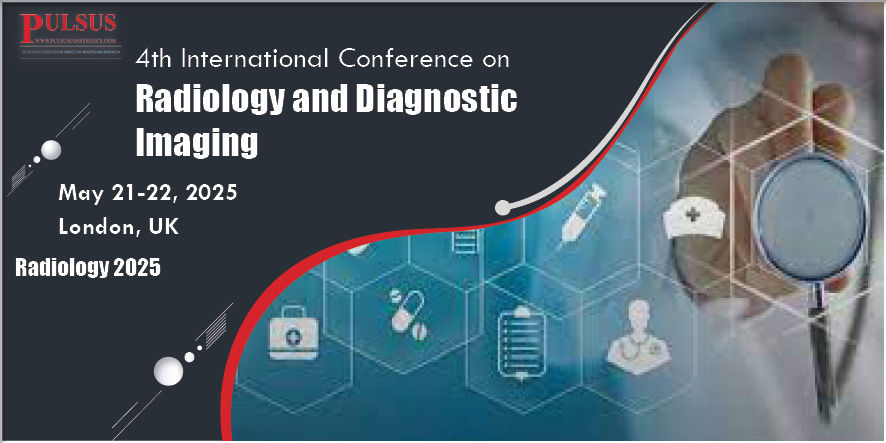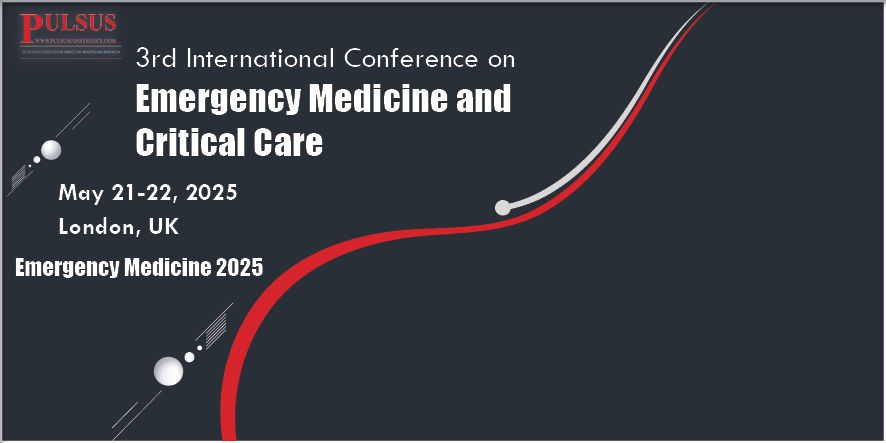About Environmental Sciences Conferences
Environmental sciences Conferences 2023 | Environmental Science Conference | Agriculture Conference | Plant Biotechnology Conference | Marine biology Conference | Earth Science Conference | Waste management Conference | Earth Pollution Conference | Biodegradation Conference | Food Security Confernece | Environmental Science Meetings | Environmental Science Events | Environmental Science Gathering | Environmental sciences Conferences
Environmental Science encompasses the study of the earth's natural physical, chemical, and biological processes, as well as the social, political, and cultural processes that affect it. It refers to a collection of concepts from various fields of science that are combined to aid in the understanding and management of current environmental concerns. Environmental sciences can be divided into two categories: life sciences and earth sciences. Moreover, environmental sciences encompass disciplines that are concerned with both recent issues and historical contexts.
Environmental sciences Conferences 2023 | Environmental Science Conference | Agriculture Conference | Plant Biotechnology Conference | Marine biology Conference | Earth Science Conference | Waste management Conference | Earth Pollution Conference | Biodegradation Conference | Food Security Confernece | Environmental Science Meetings | Environmental Science Events | Environmental Science Gathering | Environmental sciences Conferences
Climate Change:
Climate change is a major global environmental issue that is caused by human activity. The burning of fossil fuels, deforestation, and industrial processes are some of the main contributors to climate change. The effects of climate change are far-reaching and include rising sea levels, changes in precipitation patterns, and more frequent and severe weather events. Addressing climate change requires global cooperation and action to reduce greenhouse gas emissions, increase the use of renewable energy sources, and promote sustainable practices.
Environmental sciences Conferences 2023 | Environmental Science Conference | Agriculture Conference | Plant Biotechnology Conference | Marine biology Conference | Earth Science Conference | Waste management Conference | Earth Pollution Conference | Biodegradation Conference | Food Security Confernece | Environmental Science Meetings | Environmental Science Events | Environmental Science Gathering | Environmental sciences Conferences
Biodiversity:
Biodiversity refers to the variety of plant and animal species that exist on Earth. It is important because it provides a range of ecological services that are essential to human well-being, including clean air and water, food, and medicine. However, human activity has resulted in a significant decline in biodiversity, with many species facing extinction due to habitat loss, pollution, and climate change. Protecting biodiversity requires conservation efforts to preserve ecosystems, reduce pollution, and address the root causes of habitat loss.
Pollution:
Pollution is a major environmental issue that affects air, water, and soil quality. It is caused by a range of human activities, including transportation, industry, and agriculture. Polluted air, water, and soil can have significant health impacts on both humans and animals. Addressing pollution requires efforts to reduce emissions, improve waste management practices, and promote sustainable production and consumption.
Renewable Energy:
Renewable energy is a key component of sustainable development and an important strategy for addressing climate change. Renewable energy sources such as solar, wind, and hydro power are abundant and can be harnessed without causing environmental damage. The use of renewable energy also reduces greenhouse gas emissions and promotes energy independence. The development and implementation of renewable energy technologies are crucial to promoting sustainable development and mitigating climate change.
Waste Management:
Waste management is another critical aspect of environmental science. The improper disposal of waste can have significant environmental and health impacts, including air and water pollution and the spread of disease. Sustainable waste management practices, such as recycling and composting, can reduce the amount of waste generated and minimize its impact on the environment.
Environmental sciences Conferences 2023 | Environmental Science Conference | Agriculture Conference | Plant Biotechnology Conference | Marine biology Conference | Earth Science Conference | Waste management Conference | Earth Pollution Conference | Biodegradation Conference | Food Security Confernece | Environmental Science Meetings | Environmental Science Events | Environmental Science Gathering | Environmental sciences Conferences
Environmental sciences Conferences 2023 | Environmental Science Conference | Agriculture Conference | Plant Biotechnology Conference | Marine biology Conference | Earth Science Conference | Waste management Conference | Earth Pollution Conference | Biodegradation Conference | Food Security Confernece | Environmental Science Meetings | Environmental Science Events | Environmental Science Gathering | Environmental sciences Conferences
Environmental science is a complex and interdisciplinary field that plays a critical role in addressing global environmental issues. Climate change, biodiversity loss, pollution, renewable energy, and waste management are just a few of the many important topics in environmental science. Addressing these issues requires a combination of scientific research, policy development, and public education. By working together to protect the environment, we can promote sustainable development and ensure a healthy future for ourselves and future generations.
Current Concerns in Environmental and Ecological Sciences:
Air quality and health: According to WHO 2018, air pollution is a major environmental health risk. The use of solid fuels for residential heating continues to be the primary source of fine particulate matter (PM2.5) pollution. This pollutant has the greatest health impact, making it the most serious problem in terms of air quality.
Noise exposure and health: Recent studies on the impacts of noise have highlighted the importance of noise as a health problem rather than just an irritation. Long-term exposure to environmental noise from road traffic, railways, aviation, and industry, according to the European Environment Agency (EEA), causes 48,000 new cases of heart disease and 12,000 premature deaths in Europe each year.
Climate change and health: Climate change has the potential to negatively effect psychological well-being and mental health. Those who live in vulnerable places, such as flood-prone districts, are particularly affected. However, there is now a well-documented surge in "eco-anxiety" among the general public, fueled by fear of the changes we can see around us as a result of climate change, as well as the magnitude of the threat we face.
Chemicals and health: According to the World Health Organization (WHO), 1.6 million people died worldwide in 2016 as a result of chemical exposure. This is based on exposure to a small number of chemicals whose health effects have been thoroughly studied.
Biodiversity loss and health: Human health is highly dependent on services given by natural ecosystems, such as clean water, clean air, shelter, food, and heating fuels. 'The health of ecosystems on which we and all other species rely is deteriorating more rapidly than ever,' said the IPBES Chair. The basic basis of our economies, livelihoods, food security, health, and quality of life are being eroded all across the world. Biodiversity loss can also cause environmental imbalances, such as increasing the spread of infectious illnesses due to increased numbers of specific species.
Sustainability, individual choices and health: People are becoming increasingly conscious of the good effects of a clean environment on their health and well-being, as well as the impact that their own personal decisions can have on their local environment. The fuel we use, how we manage our waste, the chemicals we use in our homes and gardens, household ventilation, the noise we make, and other choices all reflect our values and attitudes toward our environment, community, health, and welfare.
Regional analysis in Asia-Pacific:
In 2017, carbon emissions from Asia-Pacific consumption accounted for roughly 49% of global emissions from activities connected to the burning of oil, gas, and coal (excluding other sectors). Renewable energy's percentage of total energy generation fell from 23% in 1990 to 18.3% in 2014, despite a fivefold rise in renewables for electricity generation in China, and coal remains the primary energy source in many countries. From 2011 to 2015, the region was home to 45 percent of global disasters, resulting in a surge in disaster impacts from around 0.1 percent in the 1970s to 0.4 percent in recent decades.
Regional analysis in Europe:
The most significant restraint on supply is land availability and accessibility. The yearly biodiversity offset market in the EU is projected to be valued at least $2.4 billion and probably more than $4.0 billion globally. If the market runs under favourable conditions, it is anticipated that the collaborative economy can save up to 7% of household budget spending and cut waste by 20%. The overall number of people employed in eco-industries is projected to be around 3,4 million, or around 1% of the total workforce, with a turnover of around EUR 550 million.
Regional analysis in America:
With over 100+ data sets covering 2013-2026, the 2022 Environmental Consulting Market Research Report is one of the most thorough and in-depth examinations of the business in the United States. The industry has risen at a 5.1 percent annual rate over the last three years.
Regional analysis in Australia:
In 2022, the Environmental Science Services industry in Australia will have a market value of $6.0 billion dollars, as measured by revenue. In 2022, the market size is estimated to grow by 1%. Environmental Science Services is the 178th largest Professional, Scientific, and Technical Services industry in Australia. Demand for scientific research services is predicted to rise in 2021-22, resulting in increased revenue for the business.
Environmental sciences Conferences 2023 | Environmental Science Conference | Agriculture Conference | Plant Biotechnology Conference | Marine biology Conference | Earth Science Conference | Waste management Conference | Earth Pollution Conference | Biodegradation Conference | Food Security Confernece | Environmental Science Meetings | Environmental Science Events | Environmental Science Gathering | Environmental sciences Conferences
Regional analysis in Africa:
Environmental Science service evaluations are critical for Africa's long-term viability. Due to the continent's characteristic spatial heterogeneity, rich biodiversity, demographic developments, resource endowment, resource management conflicts, and fragile political landscapes, as well as current industrialization and urbanisation processes, Environmental Science service supply and demand take on distinct patterns in Africa. South Africa has a significant research foundation in the environmental field, as evidenced by the fact that it provides more than 1% of worldwide output in three of the seven environmental fields.
Environmental sciences Conferences 2023 | Environmental Science Conference | Agriculture Conference | Plant Biotechnology Conference | Marine biology Conference | Earth Science Conference | Waste management Conference | Earth Pollution Conference | Biodegradation Conference | Food Security Confernece | Environmental Science Meetings | Environmental Science Events | Environmental Science Gathering | Environmental sciences Conferences
Metrics:
Pulsus Group is one of the world’s remarkable Scientific Conference Organizers who have their individuality on all the spectrums of Science, Technology and Business. A part of every conference series’ success specifically hangs on to how far it reaches the online community. Having an online audience is critical to make an international gathering a great success; be it research or academic or industrial.
Environmentalists, environmental quality specialists, Research institutes on environment, activists and students are the major participants attending the conference series on Environmental Sciences as represented in the below quoted metrics. Conferences based on ecology, marine biology, water studies and resource management, pollution prevention shows a significantly large number of unique visitors and page views which were proved to be a thriving success.
Pulsus further extends its frontier through maintaining its every conference proceeding in its respective conference webpages and its official social media accounts. Thus, aspiring to have the participation of the international scientific and industrial communities to come and experience the pack of talks, discussions, product exhibitions and alliances.
Environmental sciences Conferences 2023 | Environmental Science Conference | Agriculture Conference | Plant Biotechnology Conference | Marine biology Conference | Earth Science Conference | Waste management Conference | Earth Pollution Conference | Biodegradation Conference | Food Security Confernece | Environmental Science Meetings | Environmental Science Events | Environmental Science Gathering | Environmental sciences Conferences


Environmental Sciences Conferences Pulsus Conferences























































